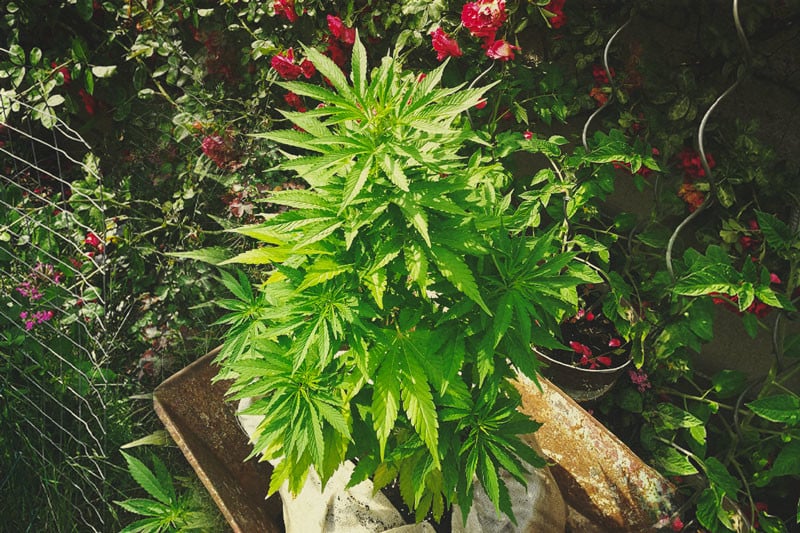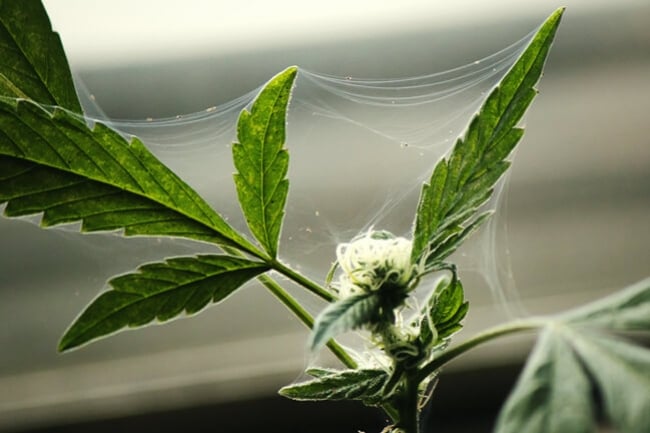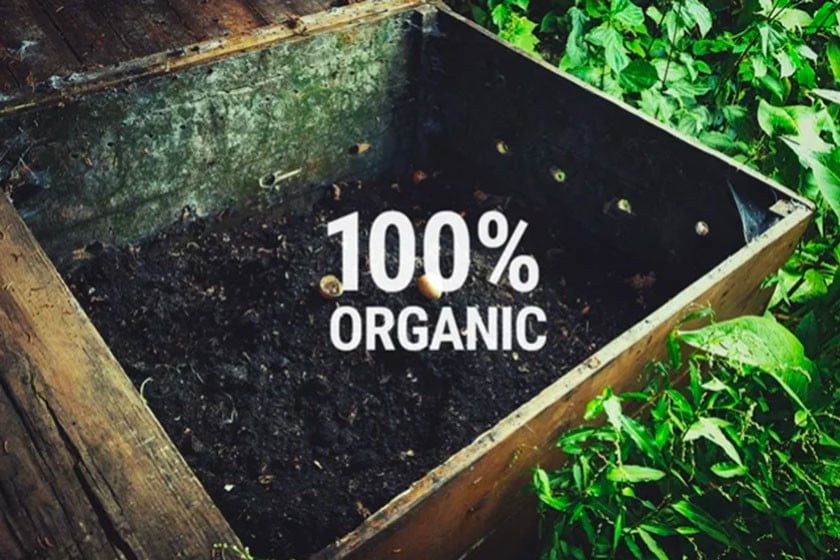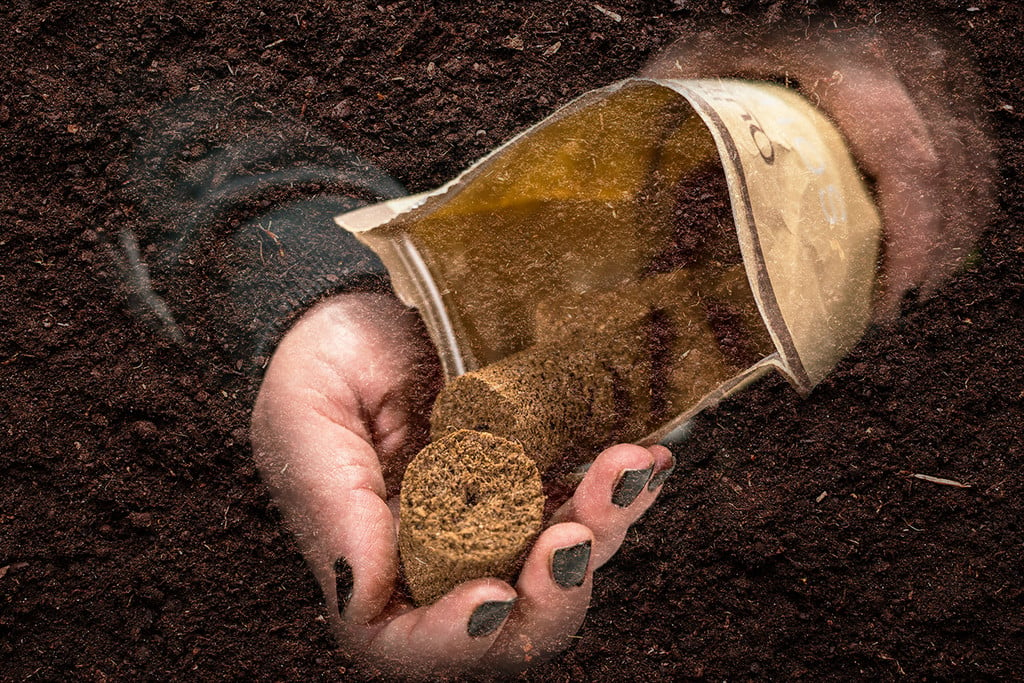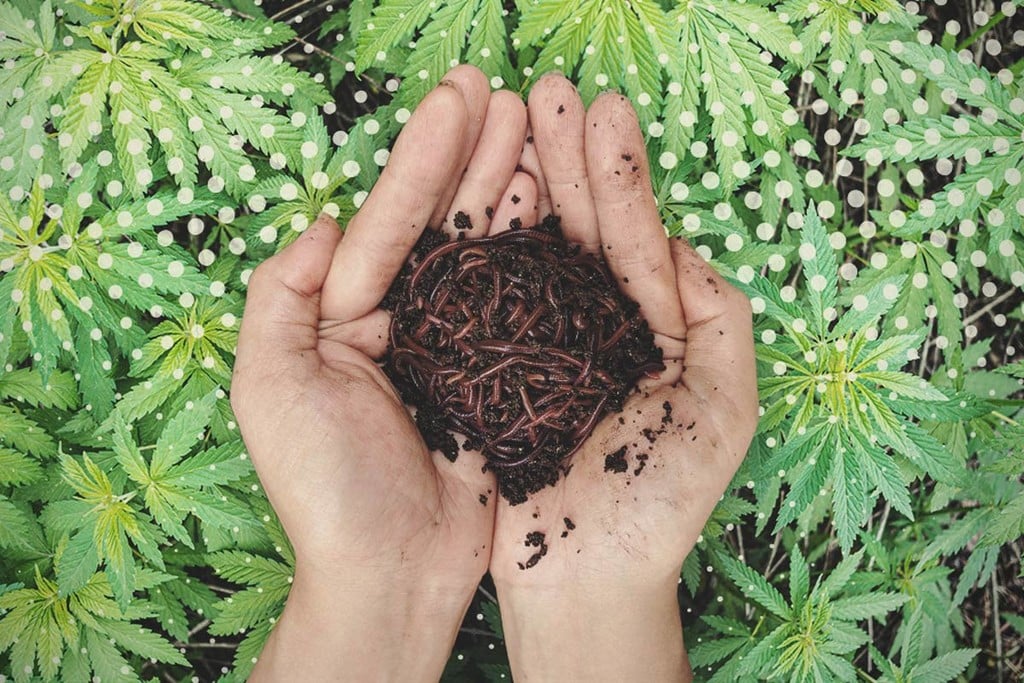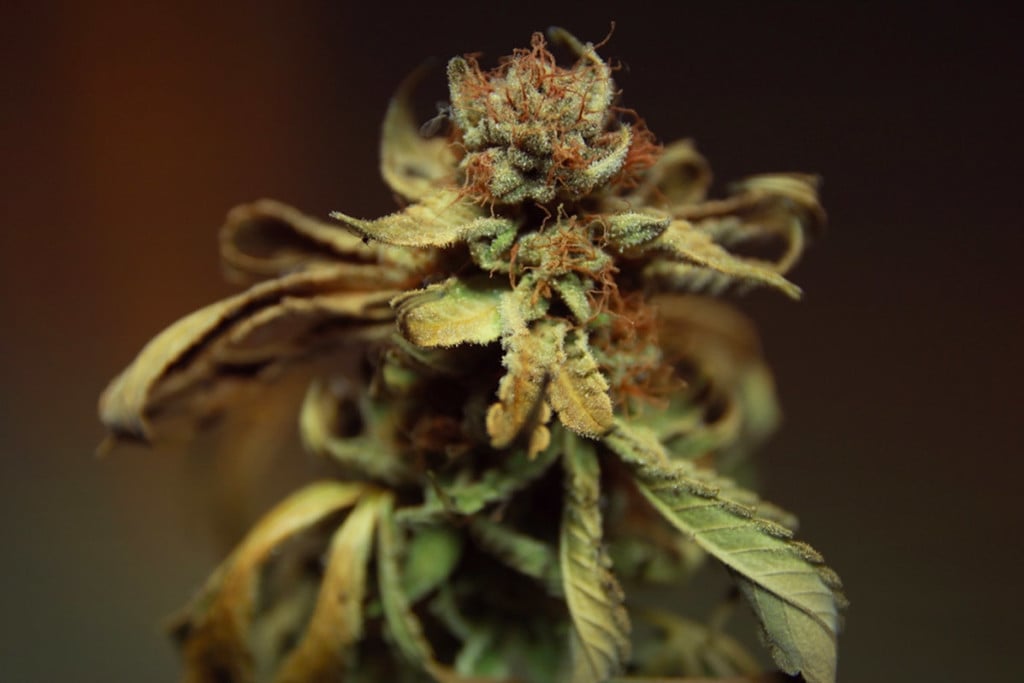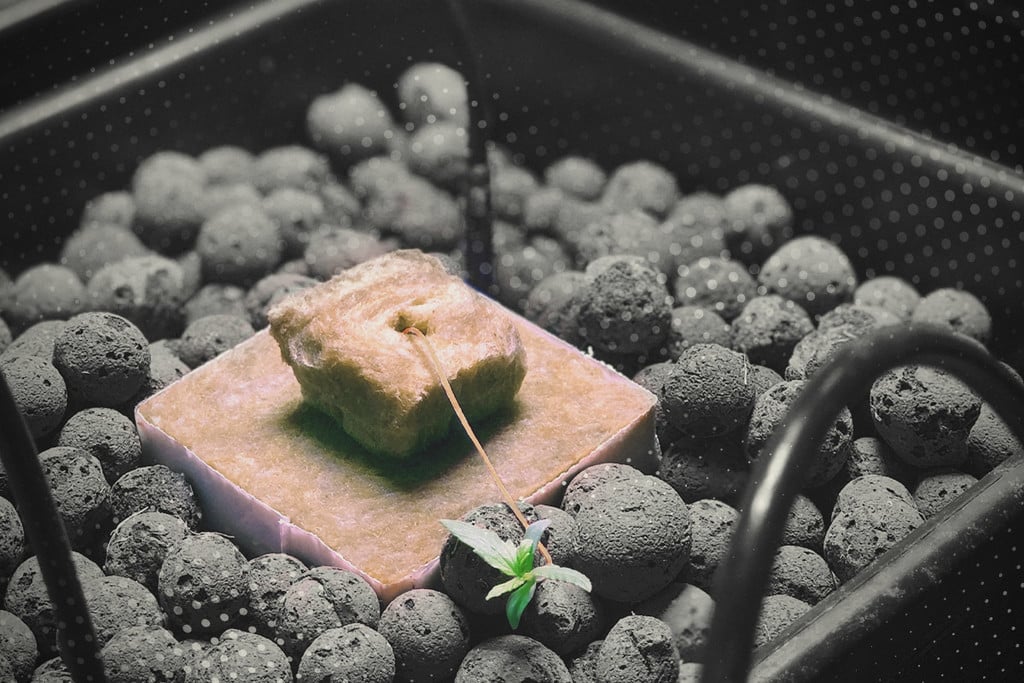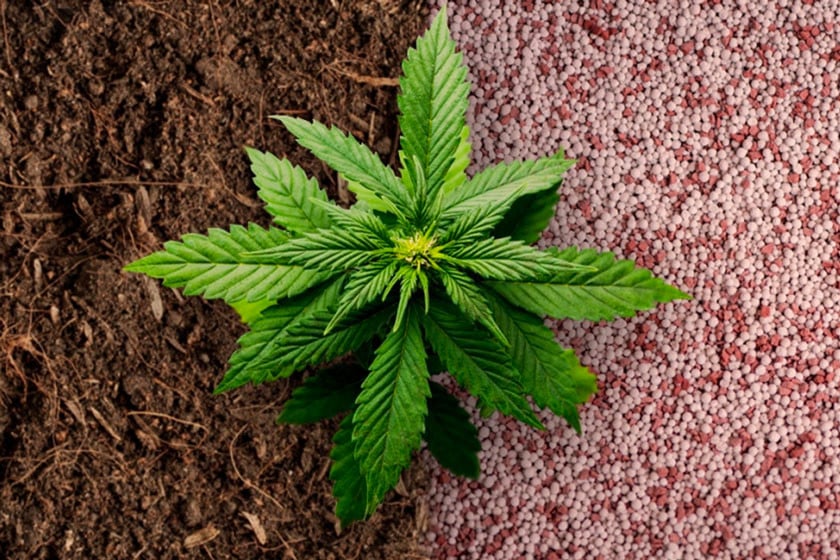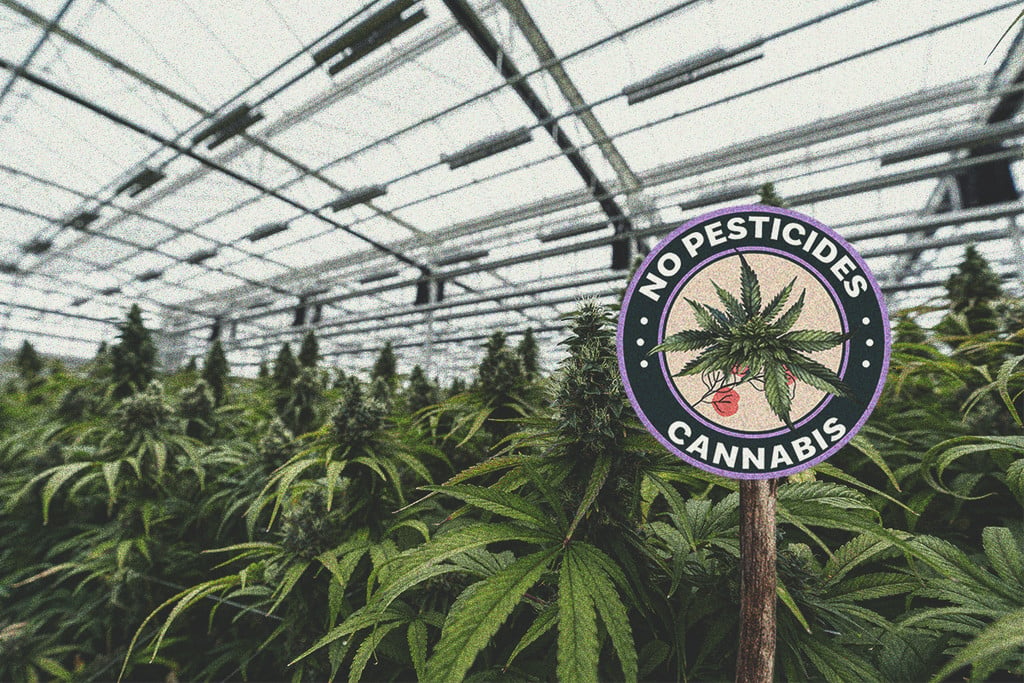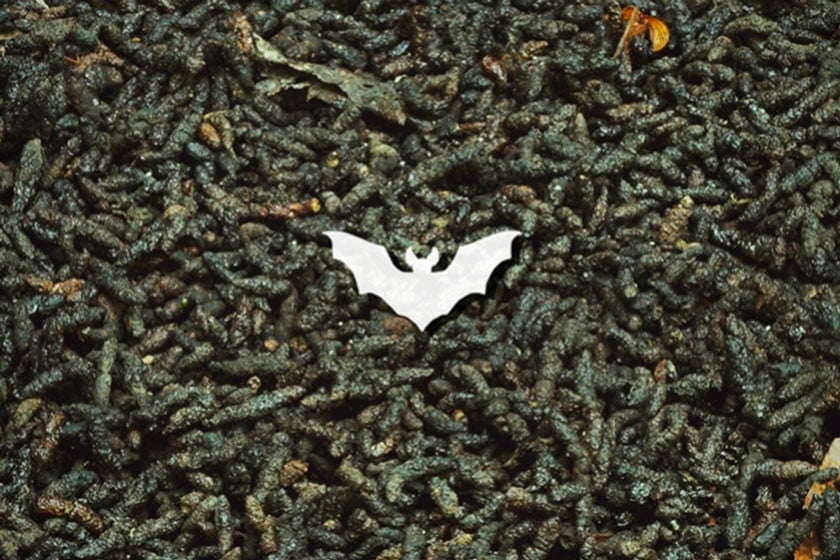.
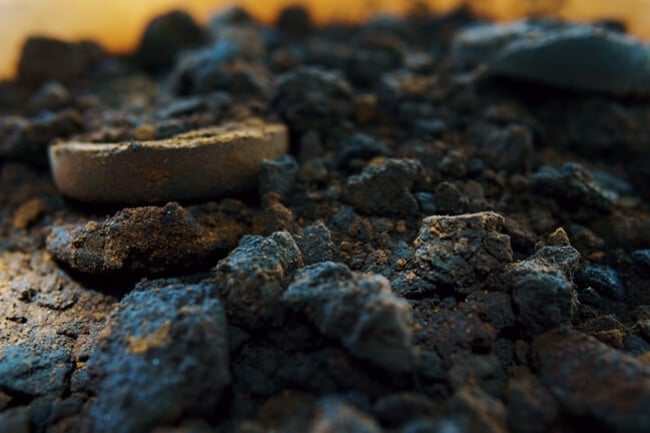
Use Coffee Grounds As An All-Natural Cannabis Fertiliser
Coffee grounds are an often overlooked, all-natural, and practically free fertiliser. Here's how to use them in your cannabis garden.
Contents:
Coffee. Second only to water, this caffeinated beverage ranks as the most consumed drink in the world; around 400 billion cups[1]are consumed each year. You know coffee as a brown powder or bean that makes your mornings easier to endure. However, the plant itself has a rich history and originates in the ancient coffee forests on the Ethiopian plateau.
Away from its role as an energising drink, coffee beans also contain key nutrients that plants require to survive and thrive. While most used coffee grounds face an undignified destiny of ending up in the bin, mindful gardeners give them a new lease on life. Coffee grounds serve as a superb addition to any compost bin; worms and fungi eat them and cycle nutrients into the soil food web, and they even help to deter pests when applied as a top dressing.
So, stop throwing away this valuable resource and use it to enhance the biodiversity and fertility in your cannabis garden or grow room. Below, you’ll find out the key benefits of using coffee grounds to boost plant vitality.
What Are Coffee Grounds?
Coffee grounds are the result of brewing coffee—real coffee. Whereas instant coffee granules dissolve into water and leave no trace (besides the brown stains on the inside of your mug), coffee grounds linger as the final byproduct of the coffee brewing process. There are many ways to grow cannabis plants, and there are many ways to brew a fresh cup of coffee!
Many consumers choose to purchase pre-ground coffee to skip the hassle of grinding beans. These products are either placed in a French press or inserted into a coffee filter to create cups of delicious, piping hot bean juice.
Those consumers more dedicated to the cause—self-proclaimed coffee connoisseurs—start the process from the very beginning. They load roasted beans into electric grinders (or even hand-held grinders, but only if they ride a fixed-gear bike) before brewing to achieve the freshest cup possible.
Whatever method you choose to make coffee (with the exception of instant granules), you’ll end up with used coffee grounds. Put them aside, and, over a period of a month or two, you’ll have a significant amount at your disposal.
Are Coffee Grounds Good for Cannabis Plants?
Yes! Coffee grounds are packed with important nutrients that cannabis plants require. These include:
- Potassium: plays a role in the movement of water and nutrients throughout plant tissue
- Phosphorous: helps to promote early root development, stalk and stem strength, and flower formation
- Calcium: plays a key structural role in cell walls and membranes
- Magnesium: forms the core of the chlorophyll molecule—the plant pigment that absorbs sunlight
However, applying coffee grounds to your soil doesn’t make these nutrients readily available to weed plants—which works in the organic gardener's favour. After application, different species of fungi and bacteria will start to break down the structural components of coffee grounds, including proteins and carbohydrates, as food sources.
After immobilising nutrients such as nitrogen and potassium, they’ll hold onto these substances until they die naturally or are eaten by other soil food web members, such as nematodes and protozoa. At this point, these valuable nutrients will enter the rhizosphere where plants can access them.
Therefore, coffee grounds don’t just provide cannabis plants with nutrients, but they help to sustain communities of soil microbes responsible for nutrient cycling within organic systems. Earthworms—another trusted garden ally—will also grab coffee grounds and drag them below the surface, helping to improve soil structure and water-holding capacity.
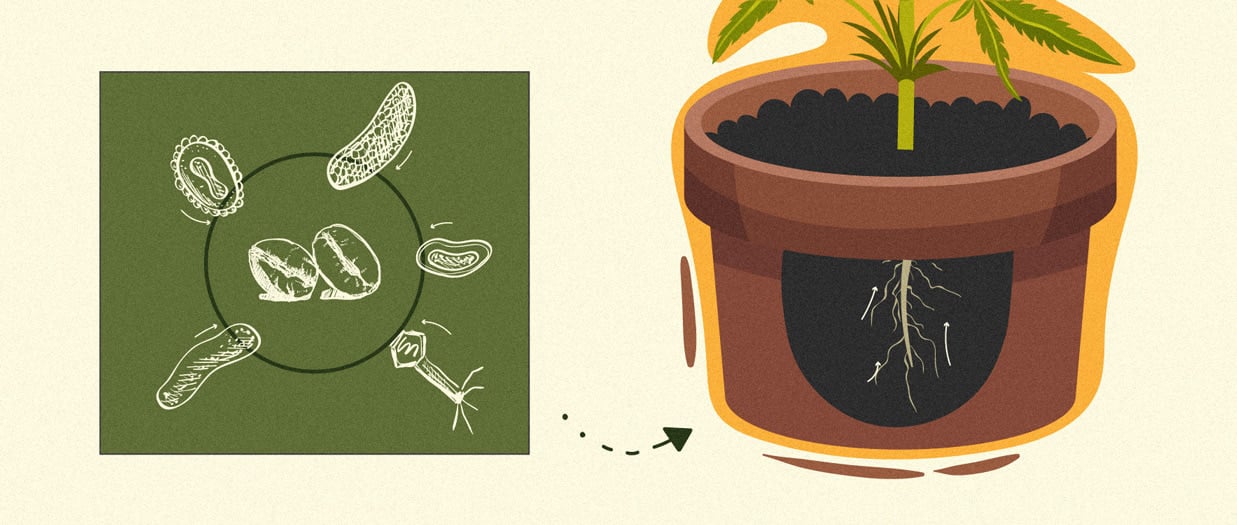
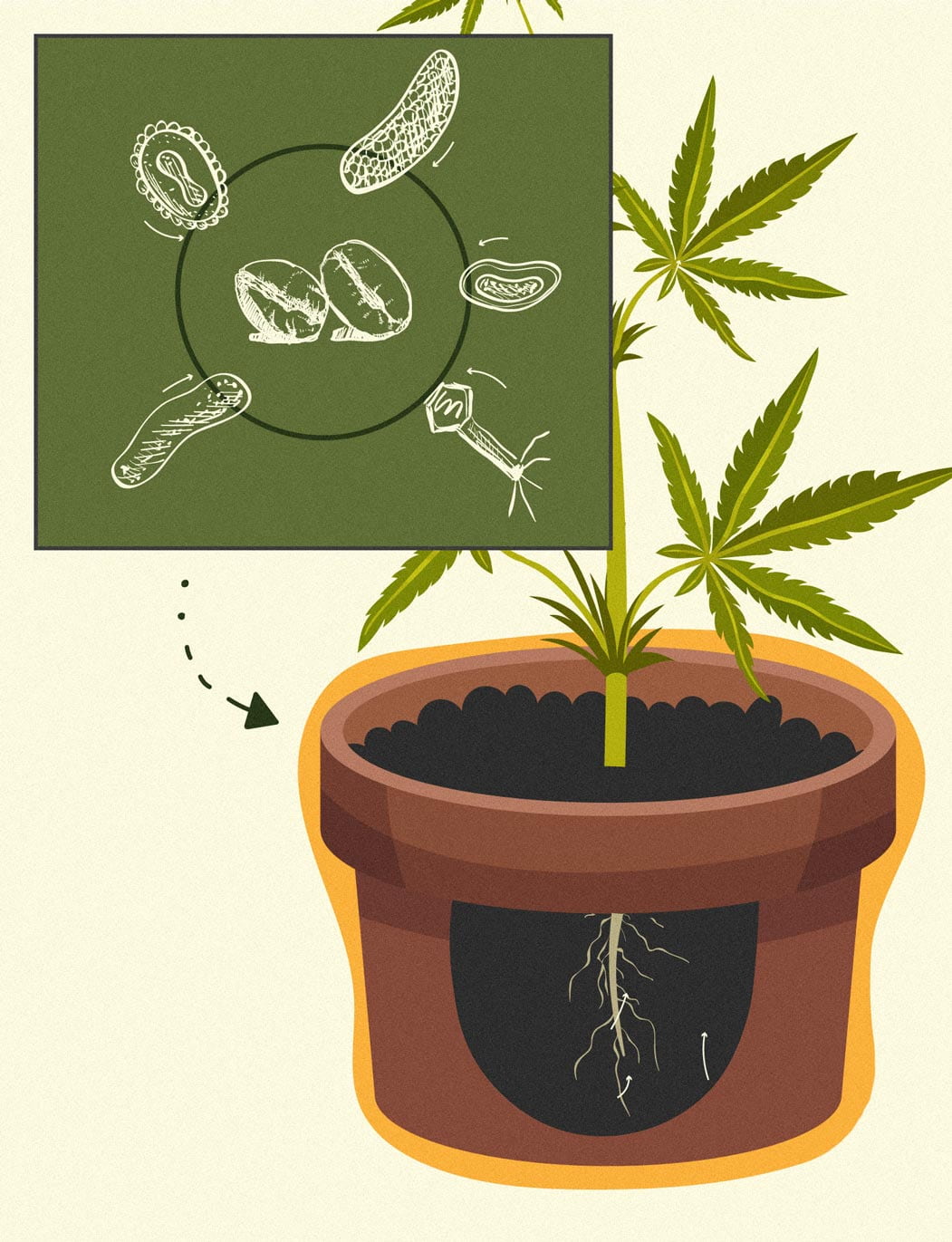
-
Do Coffee Grounds Boost Acidity?
If you already grow cannabis, you’ll know that these plants favour a slightly acidic growing medium with a pH range of around 6–7 in soil. In the event that the medium becomes more alkaline, several issues can occur, including reduced nutrient absorption. Organic cannabis growers are keen to find ways to prevent this from happening; do coffee grounds work as a solution?
Unfortunately, we don’t recommend relying on coffee grounds to keep your growing medium sufficiently acidic. At best, coffee grounds are only mildly acidic, and some research[2] has found an alkaline pH in compost made from coffee grounds; the acids[3] in coffee are water-soluble, so most of them are lost during the brewing process.
-
Excellent for Compost
Coffee grounds make a great addition to the compost pile. First, they’re a frequent waste product of most households, and nowadays you can also collect used grounds from many cafes at no charge.
Second, although they appear brown, they are technically a form of “green” compost, meaning they’re an excellent source of nitrogen. Coffee grounds slowly break down and contribute to the organic matter in the soil, helping to form soil aggregates, boost aeration, hold onto water, and ramp up cation exchange capacity.
Composted coffee grounds outperform those applied immediately to the soil. Fresh coffee grounds are phytotoxic to some plant species and may reduce growth and germination rates. Following composting, they're associated with healthy growth and the increased production of desirable secondary metabolites.
-
Help to Deter Pests
Very little research exists to show that coffee grounds help to deter garden pests. However, many growers use a top dressing of coffee grounds to protect their plants every season. Anecdotally, coffee grounds help to deter some of the most voracious cannabis pests, including slugs and snails.
Gardeners speculate that the texture of coffee grounds and the remaining caffeine inside of them send hungry pest species packing. Coffee grounds also attract non-pathogenic species of Pseudomonas, Fusarium, and Trichoderma that help to fight off pathogenic fungi in the soil.
-
Enhance Soil Biodiversity
You can compare the soil microbiome to that of the human stomach. A healthy diversity of microbial species creates a harmonious balance in which different kinds of bacteria, fungi, viruses, and protozoans thrive. However, without the right inputs, members of the microbiome start to wane, giving other life forms a foothold. Eventually, these life forms become so prolific that they cause dysbiosis—a state of imbalance—and subsequent health issues.
The same applies to the soil food web. Organic gardeners strive to enhance the diversity of their pots and beds through inputs such as mulch, compost, soil drenches, and top dressings. These materials help to sustain a diverse microbial population that fuels nutrient cycling and suppresses pathogens.
Coffee grounds serve as a cheap and easily accessible organic material that will help to feed your herd of microbes.
How to Use Coffee Grounds in Your Cannabis Garden
Now you know all about the benefits of coffee grounds for marijuana plants. But how exactly should you go about using them? Which coffee grounds are best? And how long do they last in the soil?
-
Which Coffee Grounds Are Best for Weed Plants?
You don’t need to waste time or money trying to find the most elite coffee varieties. Most coffee grounds make excellent additions to the compost bin and garden. However, if possible, try to find organic coffee. Coffee plants are farmed intensively all over the world, and farmers often don’t hesitate to douse their crops with pesticides and herbicides when weeds and insects strike. These residues can end up on and around plants, where they can harm beneficial soil microbes.
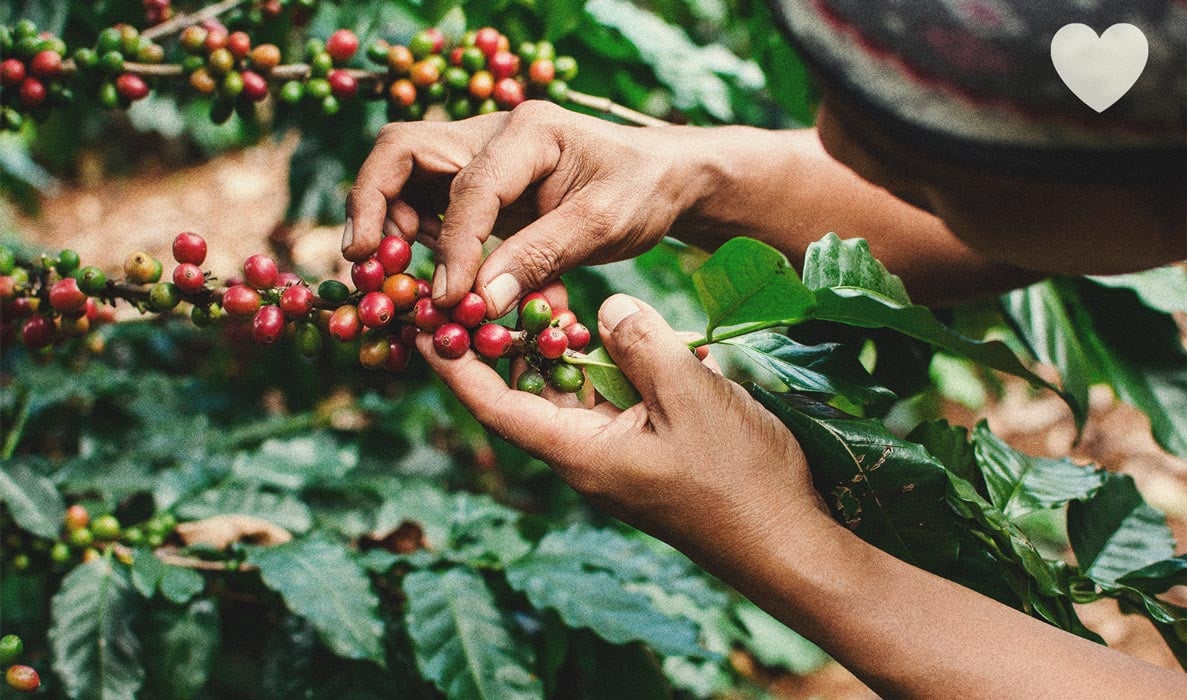
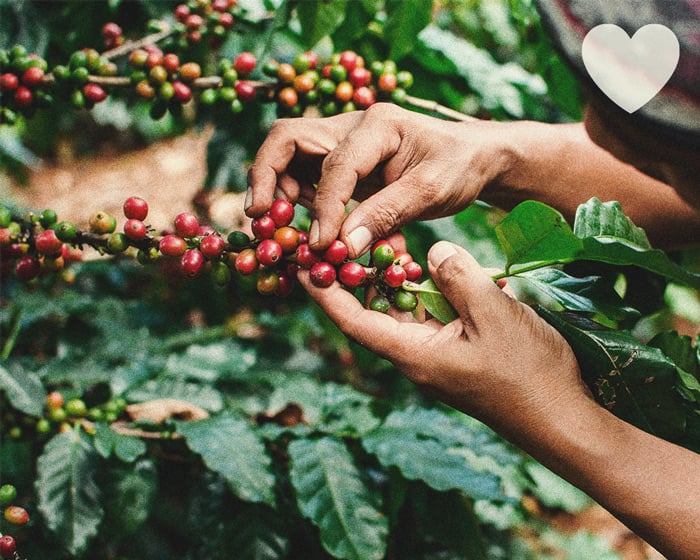
-
How Long Do Coffee Grounds Last?
Hungry microbes make relatively quick work of coffee grounds, as far as decomposition speed goes. Left on the ground as mulch, fungi, bacteria, and worms will break them down and work them into the soil within several months. However, you can speed things up dramatically by adding coffee grounds to hot compost piles. The thermophilic environment created through the metabolic activity of bacteria will render raw material into fresh compost within a matter of weeks.
Coffee Grounds for Cannabis Plants: A Welcome Addition to Your Garden
Now that you’re aware of the many benefits of coffee grounds for cannabis, we’re sure you’ll start saving them after your morning brew. Although fairly uninteresting to the naked eye, these brown particles are packed with important plant nutrients. Not only that, but they’re a fantastic source of food for soil microbes, worms, and other members of the soil food web.
Just remember, don’t place coffee grounds around young plants or into the growing medium during germination. Add them later on in the growing process, ideally after accelerating their decomposition in a compost pile.
- 17 Coffee Statistics That'll Blow Your Mind | Nescafé | UK & IE https://www.nescafe.com
- https://www.researchgate.net/publication/315663227Using_coffee_grounds_in_gardens_and_landscapes_WSU_Extension_Fact_SheetFS207E
- Coffee grounds and composting | OSU Extension Service https://extension.oregonstate.edu


























